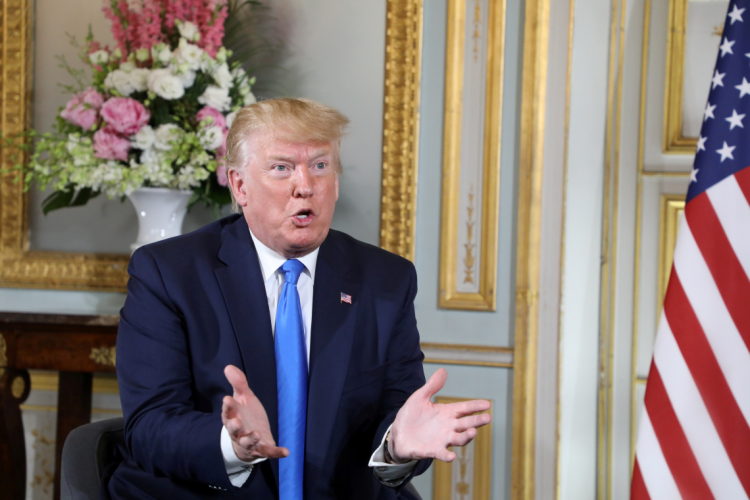China continues to reject president Donald Trump's demands it makes major changes to its economy to accommodate his five trade deal demands.
The Ministry of Commerce on Thursday said China won't bow to "maximum pressure" from Trump. It also said any attempt by the Trump to force China into accepting a trade deal will fail.
China won't make concessions on matters of principle, said ministry spokesman Gao Feng.
Asked about Trump's allegation China reneged on its promises, Gao replied, "Nothing is agreed until everything is agreed."
The ministry's tough talk seems to indicate there will be no meeting between Trump and president Xi Jinping at the upcoming G20 summit in Osaka, Japan set to begin on June 28. It comes only three days after Trump threatened to levy the 25 percent additional tariffs on Chinese if Xi doesn't attend the G20 summit.
Trump previously threatened the 25 percent tax on $300 billion in Chinese goods if a trade agreement isn't reached soon. Trump on May 17 imposed tariffs on $200 billion worth of Chinese exports to the U.S.
Trump said the new tariffs will go into effect immediately if Xi is a no show at Osaka. China has not confirmed Xi's attendance at the G20.
Trump said he'd be surprised if Xi didn't attend. Despite igniting the collapse of the trade talks last month, Trump continues to claim he has "a great relationship" with Xi. He flattered Xi by saying "he's actually an incredible guy."
Trump's moves against China, however, belie his sweet talk. Trump now says he will continue raising tariffs on Chinese goods after he goes ahead with the new 25 percent tariffs.
He said he's currently taxing "35% to 40%" of the Chinese goods the U.S. imports. If a trade deal isn't reached, "another 60% and that'll be taxed," he said.
Trump oddly keeps insisting China is "going to make a deal because they're going to have to make a deal."
Trump on Monday was assailed by the U.S. Chamber of Commerce (USCC) for weaponizing tariffs and hurting the United States. USCC said Trump's use of tariffs as a trade weapon to coerce other countries is unnecessary.
"The weaponization of tariffs, the increase of threats on our economy, on our farmers, on our manufacturers, our consumers, is going to hurt our country. It also creates uncertainty with our trading partners," said Myron Brilliant, USCC executive vice president and head of international affairs.
USCC is the largest lobbying group in the U.S. It spends more money than any other lobbying organization annually.






